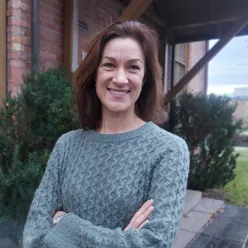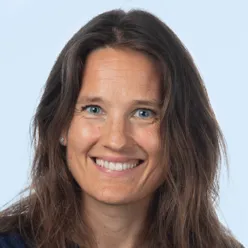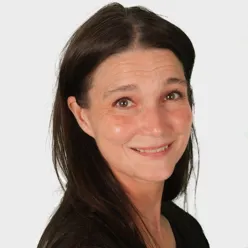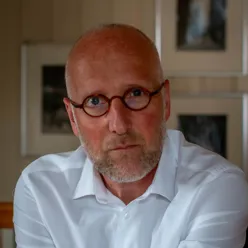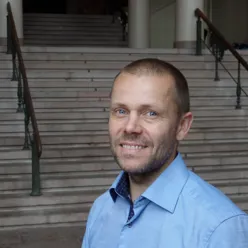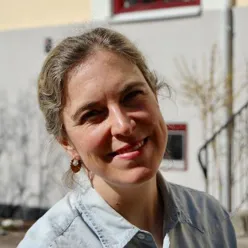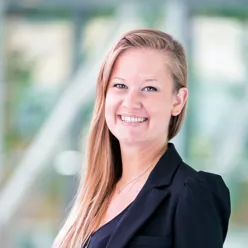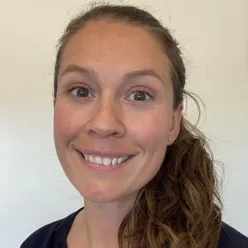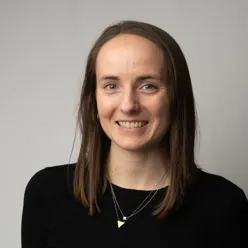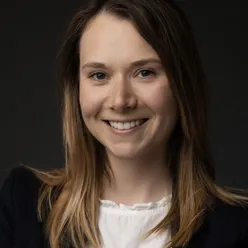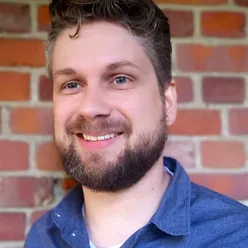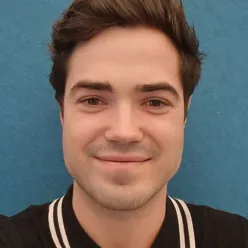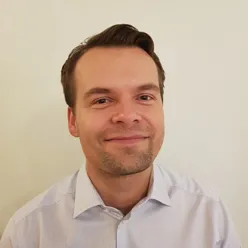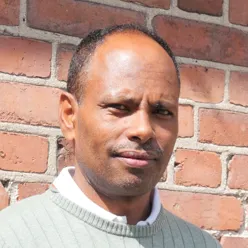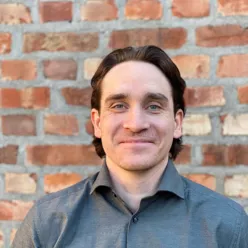
Better understanding and treatment of substance use and addiction disorders
Section for Clinical Addiction Reserach - RusForsk
Section for Clinical Addiction Research - RusForsk - is a research section at Oslo University Hospital. Our main objective is the development and improvement of treatment for patients with substance use and addiction disorders. Through close collaboration with the clinical environments at Oslo University Hospital and other health care institutions, we promote high-quality research that benefits the patients. All our projects have user representation.
Our projects
LASSO is a low threshold clinic for Opioid Agonist Treatment (OAT) for individuals dependent on heroin and other opioids who do not engage with the conventional offerings of Medication-Assisted Rehabilitation (MAR).
From 2010 until 2017, only the combination preparation of buprenorphine and naloxone was available as a medication for OAT at LASSO. As of spring 2017, buprenorphine monopreparation (Subutex Ⓡ) became accessible at LASSO, and from 2020, methadone and the long-acting buprenorphine (Buvidal) became available.
We aim to investigate whether a broader array of medications in low-threshold OAT enhances treatment outcomes and leads to an improvement in the well-being of more individuals with opioid dependence.
LASSO is a collaborative effort between the Agency for Welfare and Social Services (Oslo Municipality), and the Department of Addiction and Substance Abuse Treatment (Oslo University Hospital Health Trust).
The main aim of the project is to improve the health of people with substance use disorders in prison.
Through analysis of unique register data and collaboration with good research environments and user organizations, the project will map access to adequate substance use treatment in prison, as well as examine the outcome of such treatment. In addition to register data, the project will build on data from a comprehensive survey of drug use and health in prison, the Norwegian Offender Mental Health and Addiction study (NorMA).
See more info about the project
See project pages on OUS-research
This is a longitudinal research initiative that investigates the impact of prolonged anabolic-androgenic steroids (AAS) use on brain health, cognition, cardiovascular function and mental well-being. Our primary goal is to advance our comprehension of the enduring repercussions stemming from extended AAS consumption, while also shedding light on the underlying factors contributing to the development of dependence. The project is highly interdisciplinary, involving various hospital, university and international expertise. This collaborative approach ensures a comprehensive grasp of the interplay between endocrine, cardiovascular, and neuroimmunological factors and implications for brain health and dependence.
A high proportion of patients in interdisciplinary specialized drug treatment (TSB) have trauma disorders, but receive little knowledge-based treatment for the trauma disorder. INTACT will investigate a specific treatment method called Eye Movement Desentizitation and Reprocessing, abbreviated EMDR, in the Section of Addiction Outpatient Clinics at Oslo University Hospital. Previous research has shown that EMDR is effective in trauma treatment, but little research has been done on EMDR in people who have concomitant trauma and substance abuse disorders.
- Attitudes and experiences regarding HAT among patients, family members, and staff
- Process evaluation of the implementation of the HAT treatment program
The interplay between substance use, health, and use of health care services in people who use drugs
Throughout the pandemic caused by the novel coronavirus (SARS-CoV-2), significant concern has been raised regarding both the spread of infection and the development of severe coronavirus disease (COVID-19) in individuals with severe substance use disorders. There are several reasons for this concern. Many individuals within the substance use community may struggle to adhere to governmental infection prevention guidelines, for various reasons. Additionally, a substantial portion of this population presents with multiple comorbidities that could elevate the risk of severe COVID-19 outcomes. Moreover, a tenuous connection to healthcare services among these individuals poses the risk of delayed medical intervention for those experiencing a severe progression of COVID-19.
However, remarkably few individuals in this cohort tested positive for SARS-CoV-2 during the initial wave of infections, despite comprehensive testing efforts within municipal substance use facilities. Those few individuals who did test positive either exhibited mild symptoms or were asymptomatic. Similar observations have been reported internationally.
The primary objectives of this study were to investigate whether these findings stem from the fact that individuals within this cohort:
- Had not been exposed to SARS-CoV-2 infection,
- Underwent asymptomatic courses of the illness, thus avoiding testing, or
- Had developed immunity against COVID-19 through prior exposure to other viral infections.
- Additionally, we aimed to examine the immune responses elicited by vaccines targeting SARS-CoV-2.
The research project is a collaborative endeavor involving RusForsk (Oslo University Hospital Health Trust), the Agency for Welfare and Social Services (Oslo Municipality), the Department of Immunology and Transfusion Medicine (Oslo University Hospital Health Trust), and the Norwegian Institute of Public Health.
See our publications
See our PhD projects
About RusForsk
RusForsk's vision is "Better understanding and treatment of substance abuse and addiction disorders".
This means that our main goal is to contribute with increased knowledge and understanding of substance use and addiction disorders, as well as to develop and improve treatment for patients. RusForsk will stimulate and create high-quality research that can be published in international peer-reviewed journals, and have projects that receive external funding. The research section will collaborate with both and external partners.
Main Strategic goals 2018 -2024
- The research section aims to produce research of high international quality on substance use and addiction.
The section aims to produce research on substance use and addiction based on data collected from patients at Oslo University Hospital. The projects should use a variety of methodological approaches dependent on the research questions, including efficacy studies on clinical interventions, observational studies as well as utilization of clinical- and demographic registers. - Research projects should benefit the clinical activity.
The section wants to stimulate a positive attitude towards research in the clinic, so the projects will aim to produce results that are relevant to the clinical practice. - All projects must have user representation.
Users must be involved in the planning and execution of the research projects, as well as in the communication of the results. - The research section is committed to fostering national and international research collaborations.
The research projects will be of international high quality. The researchers will collaborate with researchers and clinicians in both mental and somatic health services within and outside OUH. - The research section will be a visible actor and contribute to research dissemination.
The section aims to be accessible and relevant. In addition to the section’s strategy, a dedicated communication strategy is developed.
The research at RusForsk shall benefit the patients. Therefore, user representation is a prerequisite in all of RusForsk's projects. User representatives are involved in all phases of RusForsk projects, including planning and implementation, analysis, writing and reviewing, and dissemination fof results.
Rusforsk also works closely with the User Representatives Council at the Department of Substance Use and Addiction Treatment (Oslo University Hospital), presenting projects and research ideas, opening up for feedback and further collabaration.
Annual report 2023 (in English)
Årsrapporter fra tidligere år kan fås på forespørsel.
Research group for clinical addiction research - We conduct clinical addiction research in close collaboration with the outpatient and inpatient addiction treatment facilities at Oslo University Hospital. Topics include predictors for treatment outcome and effect of treatment interventions.
Group leader: Espen Ajo Arnevik
Research Group for Anabolic Androgenic Steroids - looks at effects anabolic steroids have on brain function, medical and mental health, and how the treatment offer for this group can be improved. The group consists of six people with professional backgrounds in neuroscience, psychiatry, psychology and medicine. The aim of the research is to contribute to increased knowledge about the effects steroid use can have on men and women, barriers users have against seeking treatment for steroid-related health problems, and to improve the treatment offer for steroid users.
Group leader: Astrid Bjørnebekk
Editor: Eline Borger Rognli
Web editor: Erlend M. Aas
Front page picture: Adobestock.com
